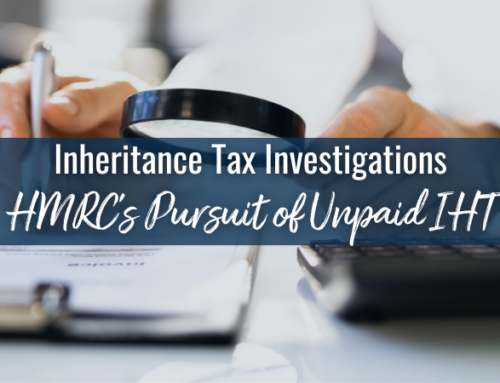With the next 30 years set to witness the largest ever intergenerational passing of wealth, the need for inheritance advice has never been greater.
Intergenerational planning, however, can also help with more immediate financial needs, particularly when generations work collaboratively to find solutions that support the whole family both now and in the future.
Inflation concerns
Currently, financial pressures are proving a key challenge across all generations, especially the impact of soaring energy bills as we move towards the winter period. The cost of living squeeze, though, is not only impacting people’s current spending power but also their future decision-making capabilities with regard to key issues such as housing, private education or university.
Balancing current and future needs
This has resulted in families increasingly adopting integrated strategies, especially in relation to gifting, in order to address imminent financial challenges. While reducing future inheritance tax liabilities inevitably remains at the heart of intergenerational planning decisions, the growing necessity to balance today’s and tomorrow’s needs is resulting in the focus shifting to support for children and grandchildren now.
Involving the generations
Intergenerational planning tends to be most effective when the process is not just focused on those who currently hold wealth. While funding a comfortable retirement and quality of care for the ‘caretaker’ generations remain fundamental elements of intergenerational planning, delivery of support for the coming generations and ensuring wealth passes efficiently to the right individuals at the right time have become increasingly important dimensions.
More families share an adviser
Greater involvement across multiple generations has also seen sharing a financial adviser become increasingly commonplace. This trend offers significant benefits, particularly when it comes to joining up a whole family’s needs with inheritance and gifting strategies, while treating all family members fairly.
Encouraging conversations
If your family needs help with any aspect of intergenerational planning, then please get in touch. We’ll be happy to assist by encouraging more open financial conversations across the generations.
The value of investments can go down as well as up and you may not get back the full amount you invested. The past is not a guide to future performance and past performance may not necessarily be repeated. The Financial Conduct Authority (FCA) does not regulate Will writing, tax and trust advice and certain forms of estate planning.
Talk to us
Please do get in touch if you’d like to set up a free initial investment review free of charge. Clifford Osborne are highly experienced independent financial advisers based in Eastbourne, East Sussex. We work with clients across the South East including Uckfield, Lewes, Brighton, Tunbridge Wells, Hastings, Bexhill, Newhaven, Seaford, Crowborough and further afield.
Read more financial advice in our blog.
Please read our VoucherFor reviews here.
The value of investments can go down as well as up and you may not get back the full amount you invested. The past is not a guide to future performance and past performance may not necessarily be repeated.
It is important to take professional advice before making any decision relating to your personal finances. Information within this blog is based on our current understanding of taxation and can be subject to change in future.
It does not provide individual tailored investment advice and is for guidance only. Some rules may vary in different parts of the UK; please ask for details. We cannot assume legal liability for any errors or omissions it might contain. Levels and bases of, and reliefs from, taxation are those currently applying or proposed and are subject to change; their value depends on the individual circumstances of the investor.
The value of investments can go down as well as up and you may not get back the full amount you invested. The past is not a guide to future performance and past performance may not necessarily be repeated.
If you withdraw from an investment in the early years, you may not get back the full amount you invested. Changes in the rates of exchange may have an adverse effect on the value or price of an investment in sterling terms if it is denominated in a foreign currency. Taxation depends on individual circumstances as well as tax law and HMRC practice which can change.
The information contained within the blog is for information purposes only and does not constitute financial advice.
The purpose of the blog is to provide technical and general guidance and should not be interpreted as a personal recommendation or advice.






